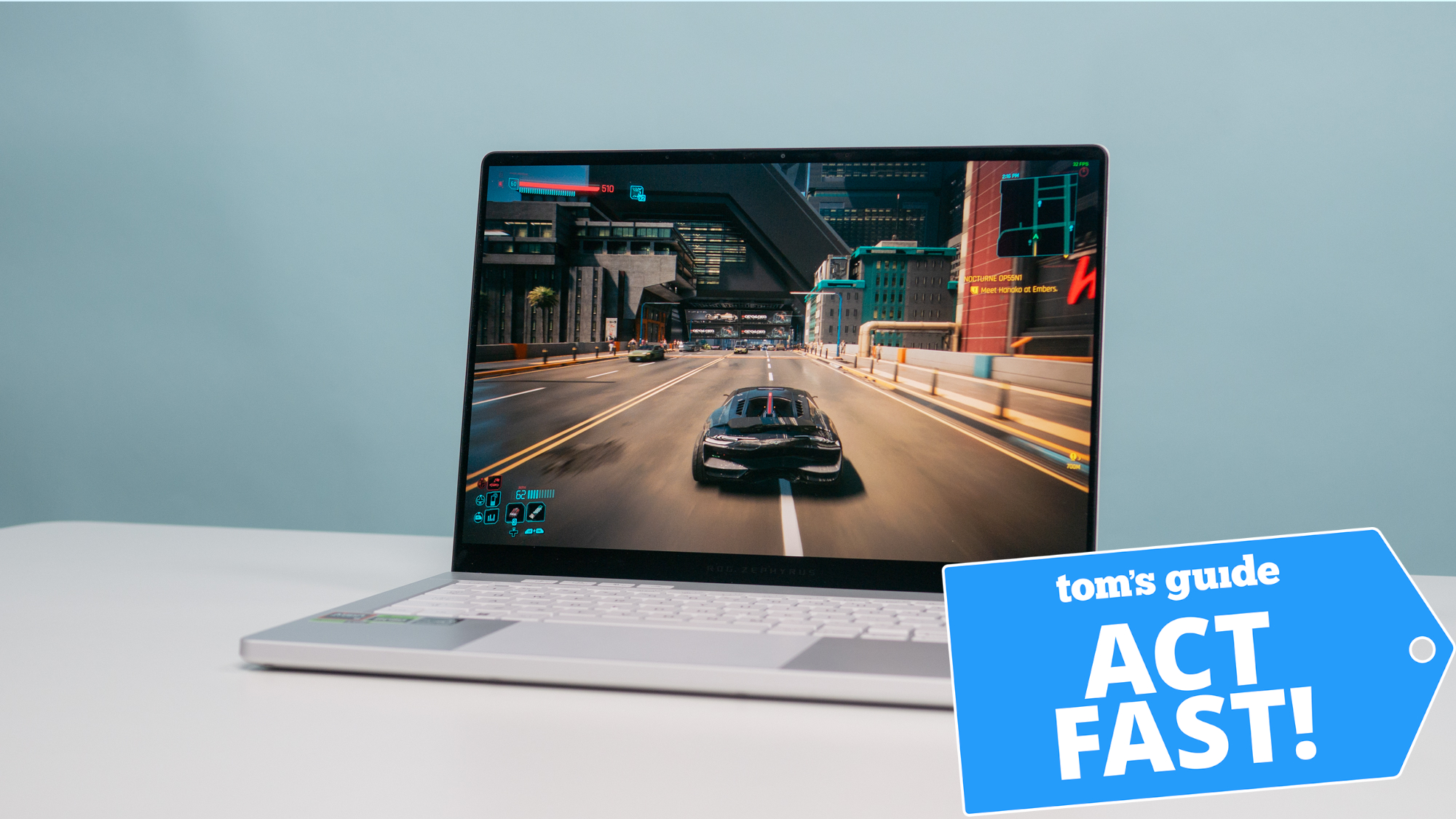How to use the 10-3-2-1-0 sleep rule for better slumber tonight
The 10-3-2-1-0 rule will improve your sleep hygiene and make it easier to fall asleep quickly
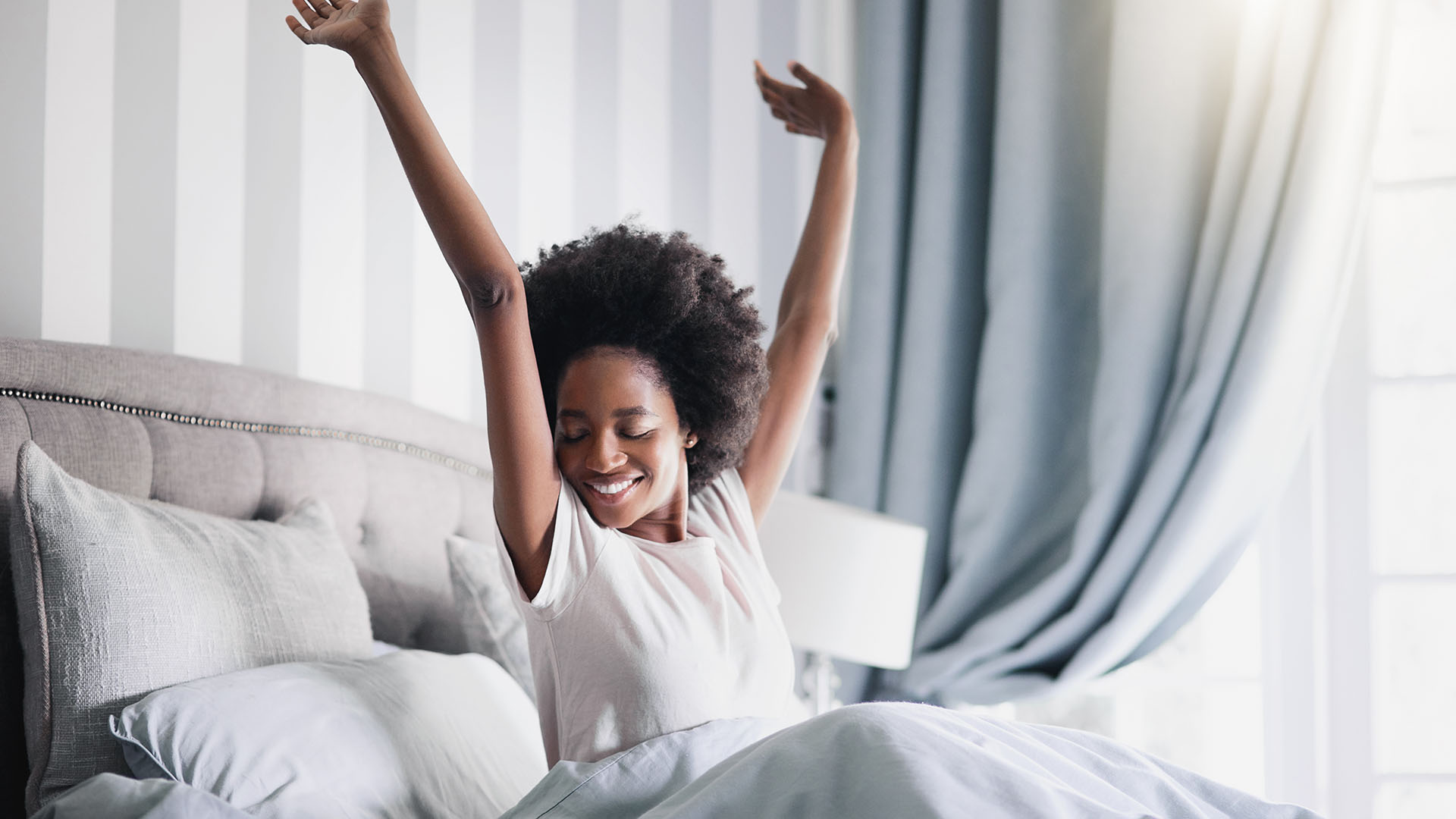
With sleepmaxxing being the latest trend (trying new hacks and tricks to boost your sleep quality) it can be difficult to know the answer to simple questions.
Like, when should you stop eating in the evening? When’s best to cut out caffeine? How can I stop waking up to go to the toilet?
Well, the 10-3-2-1-0 rule is here to help just that. This simple sequence of numbers helps you keep a healthy sleep routine, as well as a healthy daytime routine, that benefits your sleep hygiene.
In turn, you can expect better quality sleep, an easier time falling asleep and a higher chance of sleeping through the night.
Now, we’re not saying you should stick to rigid rules every night. If anything, that’s likely to cause additional stress that could harm your sleep. Instead, take the 10-3-2-1-0 as a helpful guideline. So, let’s take a closer look and breakdown this sleep tip.
What is the 10-3-2-1-0 sleep rule?
Humans are creatures of habit that benefit from routine. And that doesn’t differ when it comes to your sleep.
In fact, it’s one of the most important factors in getting a good night’s sleep. The 10-3-2-1-0 helps you implement positive sleep hygiene habits day in and day out and sleep better.
Sign up to get the BEST of Tom's Guide direct to your inbox.
Get instant access to breaking news, the hottest reviews, great deals and helpful tips.
We’ll break down each rule in more details so we can understand the science behind it and how it benefits our sleep, but here’s a quick summary of the 5 key steps:
- 10 hours before bedtime – no more caffeine
- 3 hours before bedtime – no more alcohol or food
- 2 hours before bedtime – no more work
- 1 hour before bedtime – no more screen time
- 0 times you hit the snooze button in the morning
The 10-3-2-1-0 sleep rule explained
No caffeine 10 hours before bed
Caffeine has a half life of 5 hours. This means it can take 5 hours for half the amount of caffeine you consumed to break down and leave your system. So, even after 10 hours you can still feel the effects of caffeine.
These effects can include feeling wired, energetic and even anxious, which could increase your chances of experiencing nighttime anxiety.
Chocolate
Matcha tea
Energy or snack bars
Alongside this, caffeine can block adenosine, which is a chemical that promotes sleep and builds up during the day. It makes us feel sleepy and helps us fall asleep. So if that’s blocked, you’ll find it takes longer to fall asleep.
There’s also some research that says it reduces the amount of deep sleep you get. This is the most restorative stage, so less time experiencing slow-wave sleep can result in daytime fatigue the next day.
We’re not saying you need to cut out caffeine completely, but work backwards from your usual bedtime and choose a cut off point 10 hours before. This’ll help you avoid negative impacts on your sleep, while still enjoying a little energy boost in the morning.
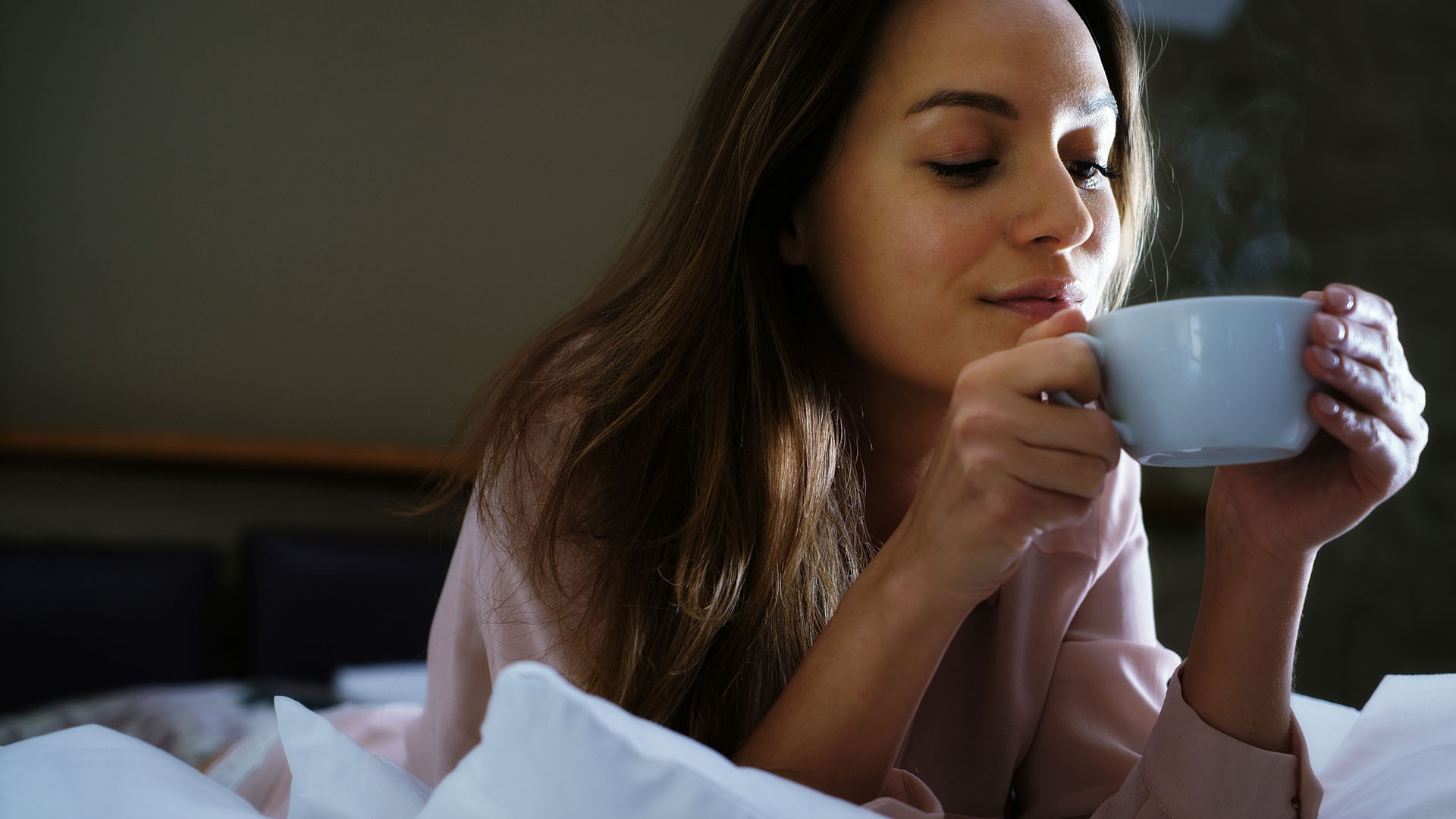
Limit food and drink 3 hours before bed
Next up is food and drink. It’s natural to get a little peckish in the evenings, and many people look forward to a sweet treat at night. However, if your digestive system remains active you might have trouble sleeping.
Your core body temperature increases slightly as we digest food. However, in order to fall asleep and stay asleep, our core body temperature needs to drop. So your late night snack might make it harder to drift off.
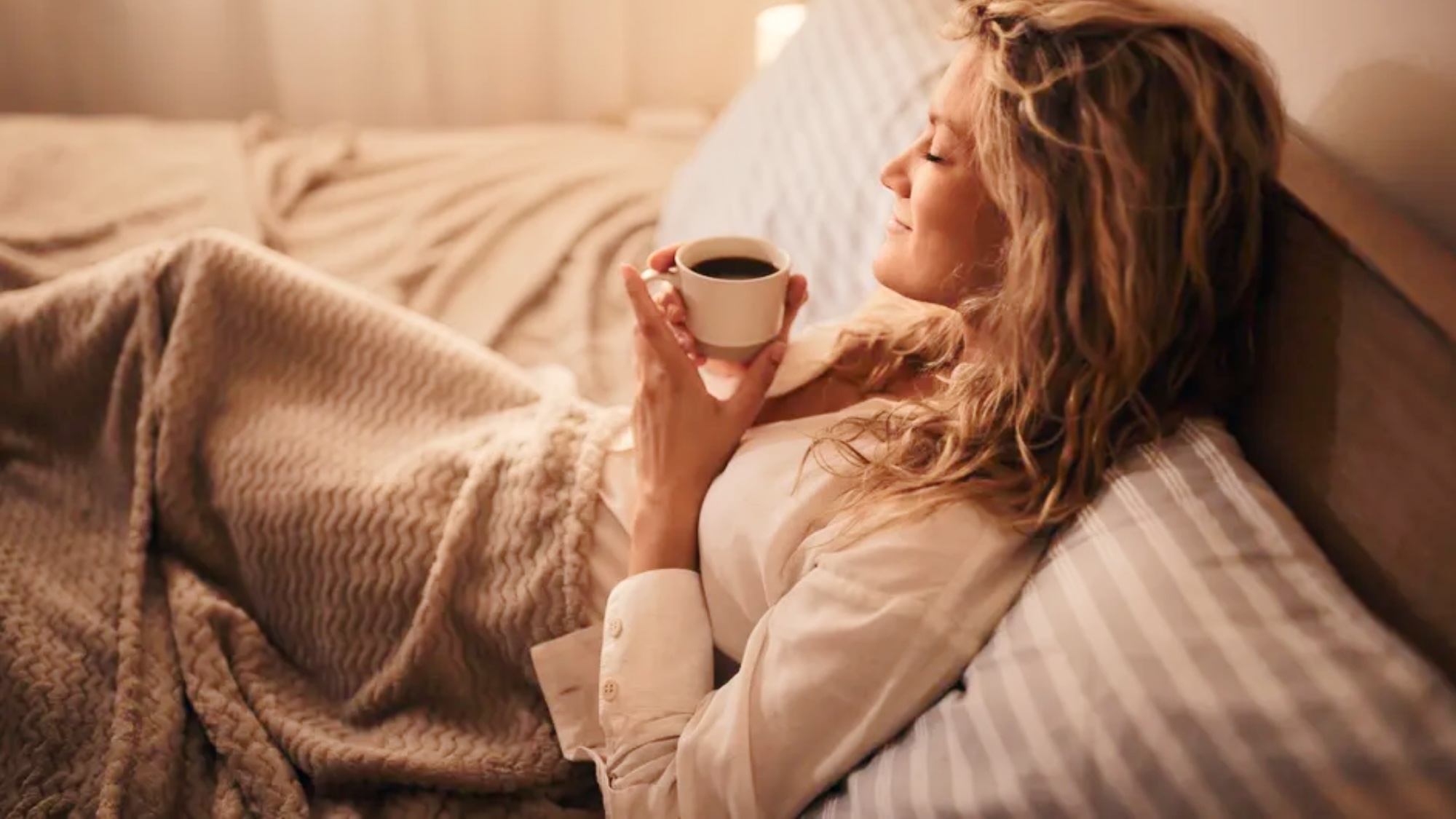
Depending on what you eat, you might also experience a spike in glucose levels, which can then disrupt your energy levels. On top of this, you’ll increase the likelihood of acid reflux, indigestion and heartburn.
Similarly, drinks like herbal teas, alcohol, juices and squash can act as a diuretic. This means you might be woken up frequently in the night to use the bathroom. Alcohol can also block REM sleep, which can make you feel pretty groggy the next day.
So, the 3 hour rule states no food or drink 3 hours before your intended bedtime. Obviously water is fine, but it’s best not to gulp pints before you settle down! If you think you’re hunger might keep you awake, check out these healthy nighttime snacks that can actually induce sleep.
Stop working 2 hours before bed
With the increase in remote working, it’s not uncommon to work into the evening, even if it’s just a quick check of the emails. But this increased screen time will keep the brain alert and provide too much stimulation for falling asleep easily.
If you really can’t let go of work, keep a notebook and jot down any pressing issues or ideas you have, ready for you to tackle when you start work the next day. Try not to let them swirl around in your head endlessly or you won’t be in a relaxed mindset for sleep.
It’s also not a very calming activity, which means it’s likely to increase anxiety and stress that could keep you up at night.
Stopping work 2 hours before bed gives you ample time to properly switch off and implement a nighttime routine that incorporates activities like reading, writing, having a warm bath and listening to music.
If you struggle to switch off, then physically switch off. Mute notifications, close your work laptop, or close the tabs on your personal laptop that refer to work so even if you were tempted to check the progress of a project, you can’t.
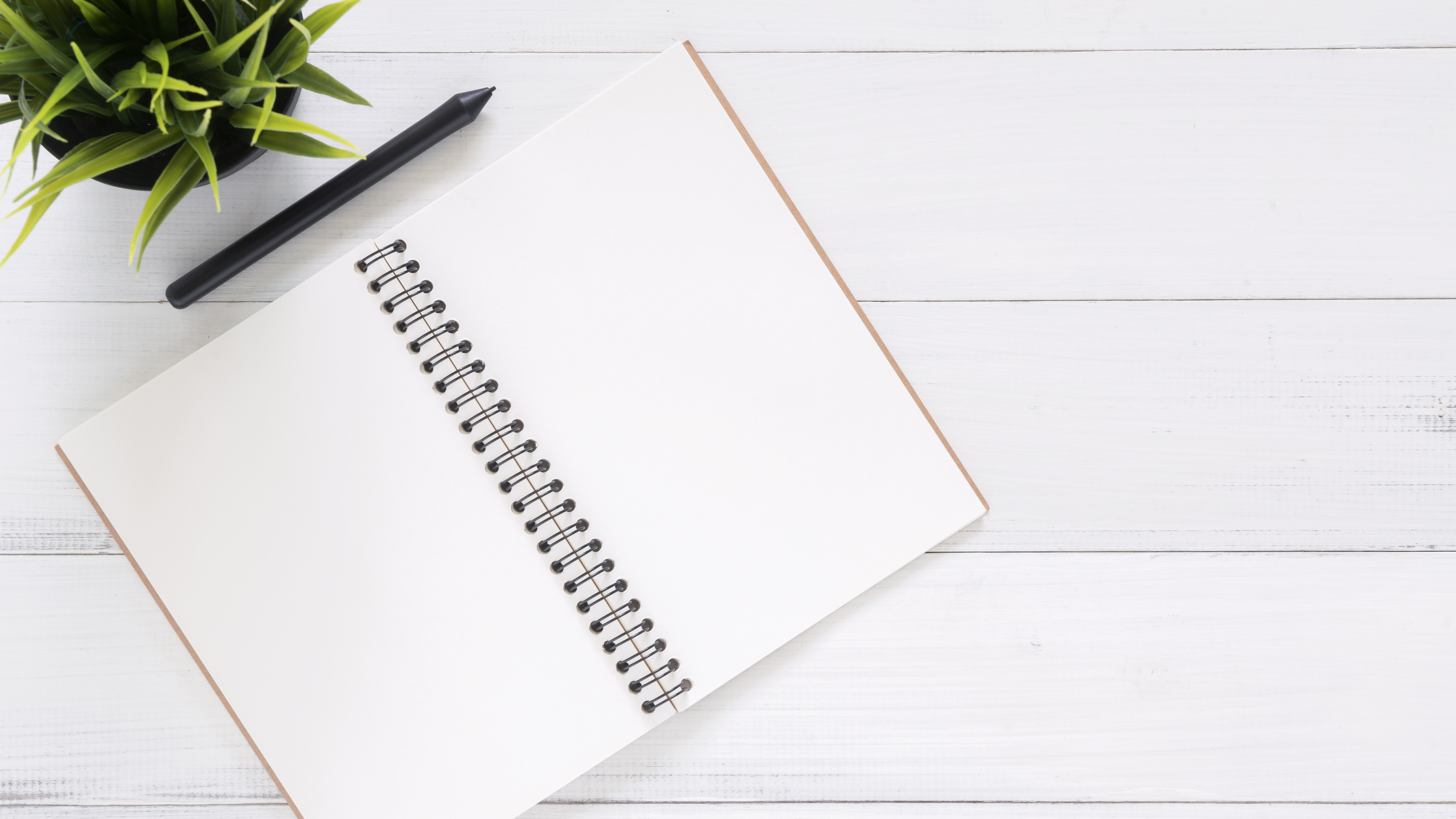
Avoid screentime 1 hour before bed
Your way of winding down might be putting the TV on or scrolling through social media, but you should try to limit this at least 1 hour before bed.
While research round blue light is often contradictory, with some studies saying the effect on sleep is huge and others saying it might reduce your sleep time by just 1-2 minutes, screens in general are harmful to your sleep. This is because:
- They stimulate the brain and keep it alert rather than prepared for sleep.
- The blue light emitted from screens is said to decrease the melatonin (sleep hormone) needed for the body’s sleep-wake cycle.
- Information you see online before bedtime could cause you to overthink or become anxious when you are trying to drift off.
Ideally, you won’t even sleep in the same room as your devices. But, we know for most people this isn’t realistic, whether you use your phone as an alarm or you want to be contactable in emergencies.
But if you do have your phone near you, make sure it’s at least on silent mode, and ideally switched to ‘do not disturb.’
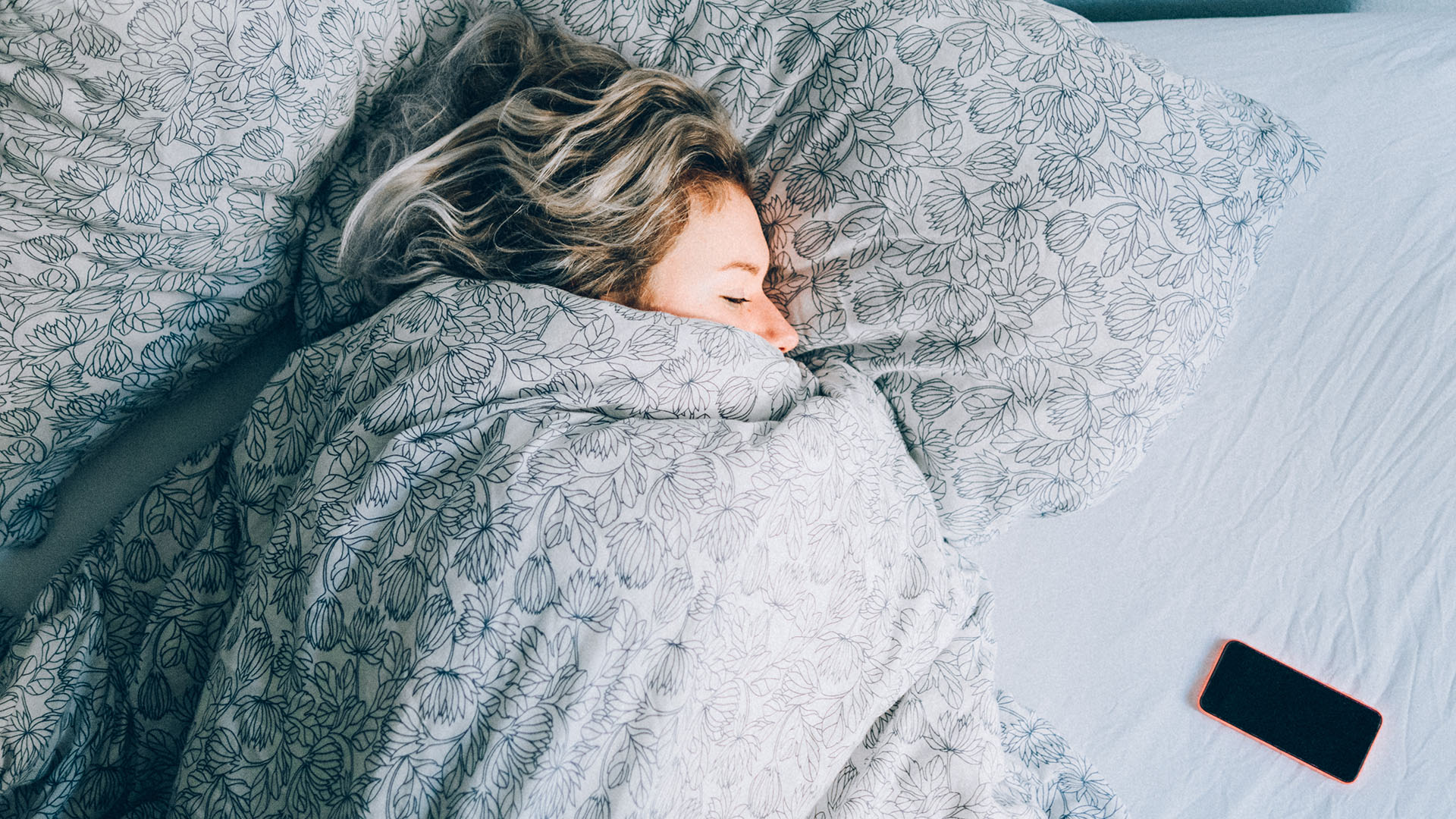
0 hours snoozing after your alarm
Even if you love hitting that snooze button in the morning and banking an extra 10 minutes of peaceful sleep, it’s time to stop, because it’s not doing anything for your health.
Here's a top tip to help you stop hitting that snooze button: move your alarm clock away from your bedside table (or better still, out of the room) – if you have to get up to switch off the alarm, you are less likely to get back into bed.
In fact, that extra bit of sleep is only going to lead to more grogginess, confusing your sleep-wake cycle. If you really feel the need to keep hitting snooze, you might need to go to bed earlier and get more quality sleep in every night.
In a blog for the Cleveland Clinic, Reena Mehra, M.D., M.S., Director of Sleep Disorders Research, said: “Much of the latter part of our sleep cycle is REM sleep, or dream sleep, which is a restorative sleep state. And so, if you’re hitting the snooze button, then you’re disrupting that.” This can also lead to a ‘fight or flight’ response, which increases our blood pressure and heartbeat.
Some sleep experts even recommend ditching the alarm altogether. If you find it impossible to wake up straight away, set your alarm for 10 minutes before you really need to get out of bed so you can adjust to being awake before you start the day.
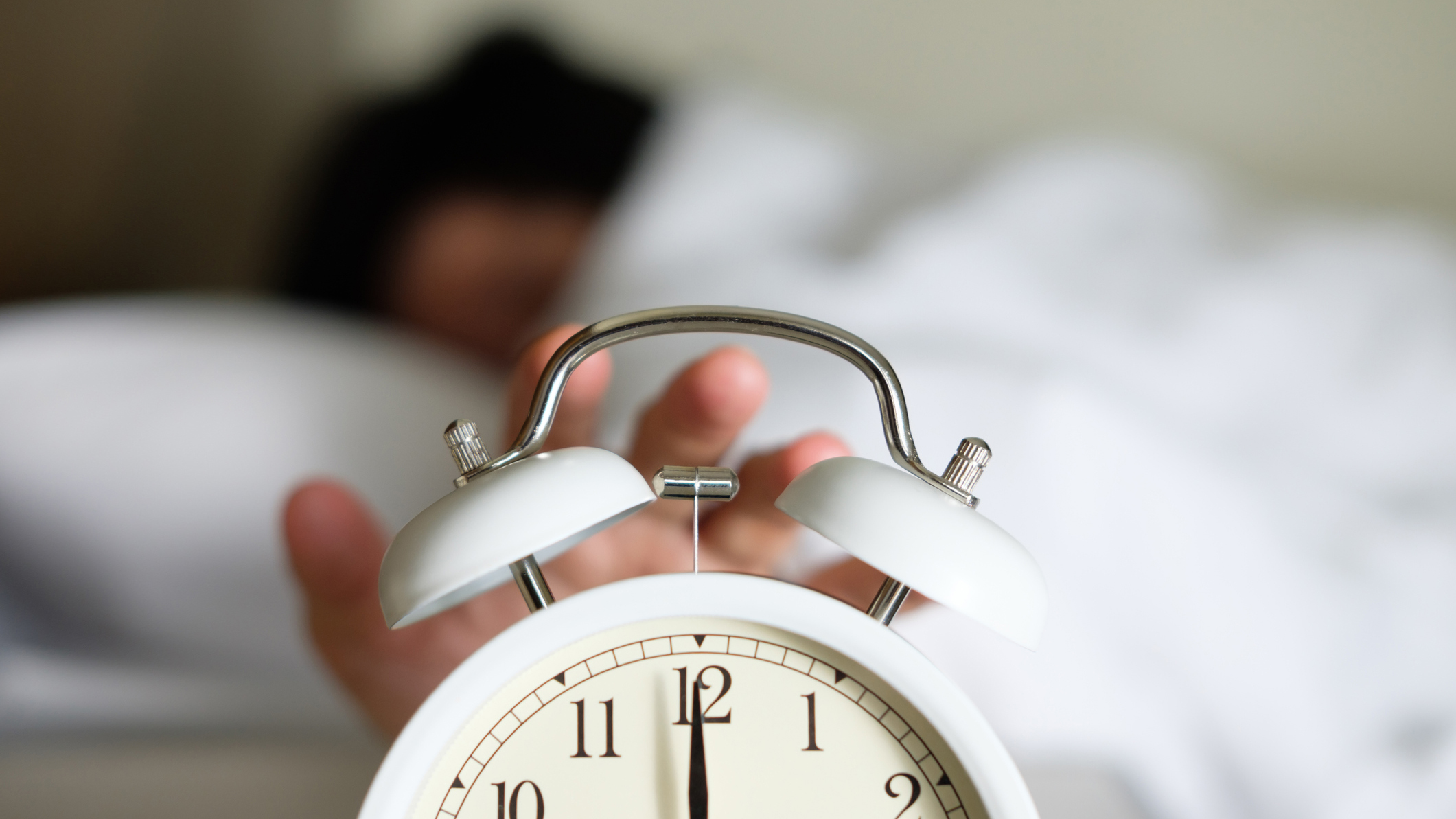
Extra tips to help you sleep better tonight
If you need a little extra help drifting off, try these helpful tips alongside the the 10-3-2-1-0 rule:
Read a book at bedtime to help prepare the mind for sleep. Nothing too gripping though, otherwise you’ll be reading up until the small hours!
Cool your bedroom by keeping the temperature at around 65 degrees Fahrenheit (18.3 degrees Celsius) for optimum sleep.
Get out of bed if you can't sleep, rather than lying there stressing about how long you've been aware – this is known as the 15 minute sleep rule.
Have a warm bath or shower before you settle down to relax the body for sleep.
Pick the best mattress for your sleeping position. If you like the feeling of being hugged, choose one of the best memory foam mattresses. For a wide range of foam and hybrid models, read our best mattress in a box guide.
Grace is an experienced sleep writer and mattress reviewer who also contributes to our sister site TechRadar, among other Future plc brands. She's a big fan of organic sleep products and has recently invested in a wool mattress topper that she quite happily describes as "life-changing." (Hey, we're serious about our sleep products). When she isn't testing mattresses or writing about sleep, Grace enjoys reading and creative writing, and incorporates meditation and yoga into her wellness routine.
You must confirm your public display name before commenting
Please logout and then login again, you will then be prompted to enter your display name.

